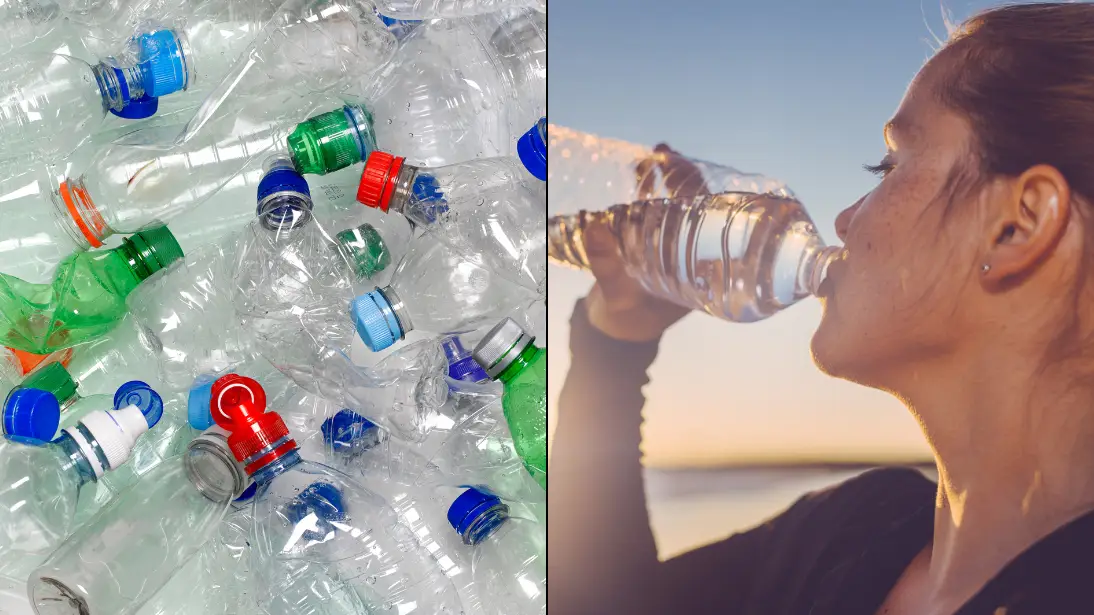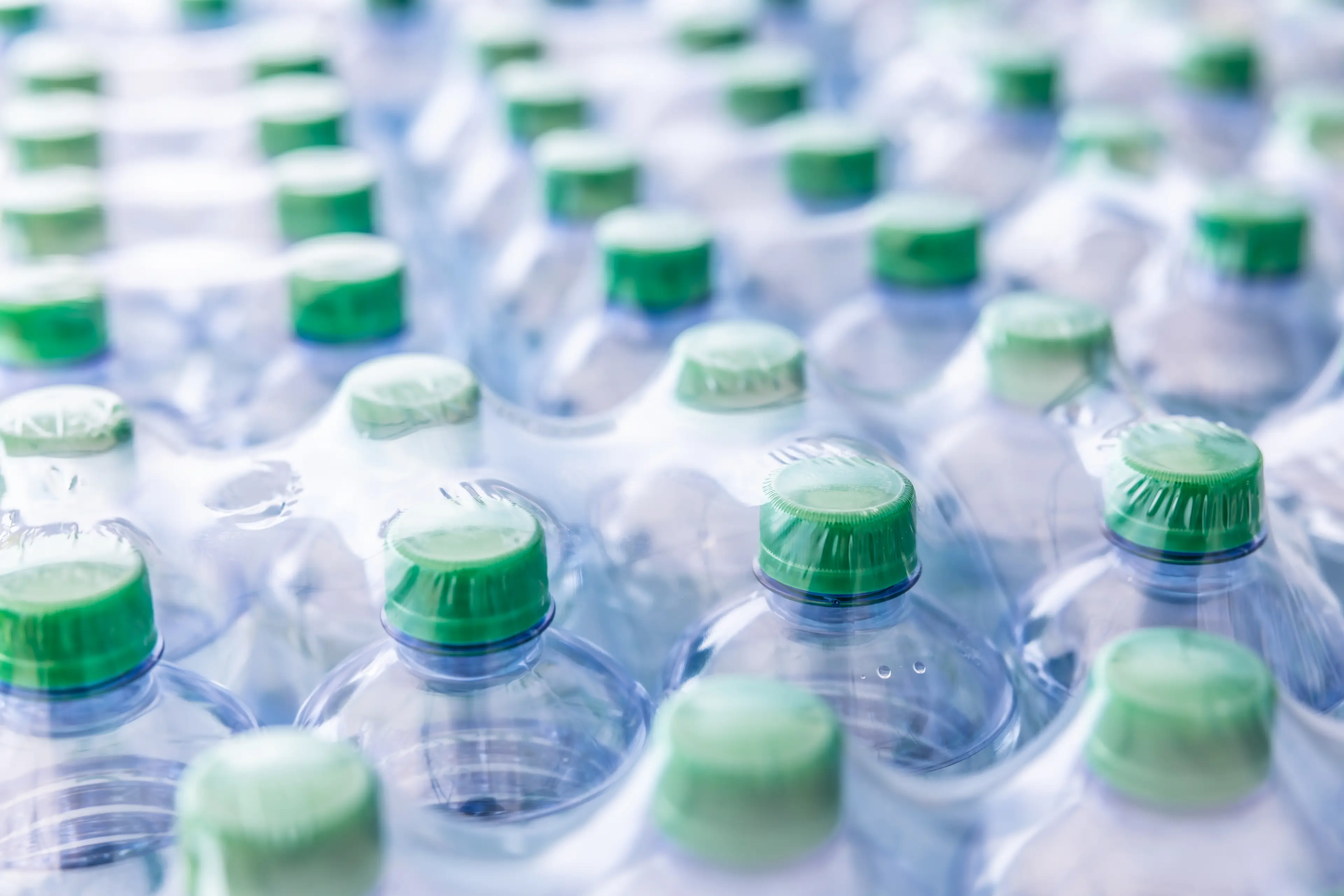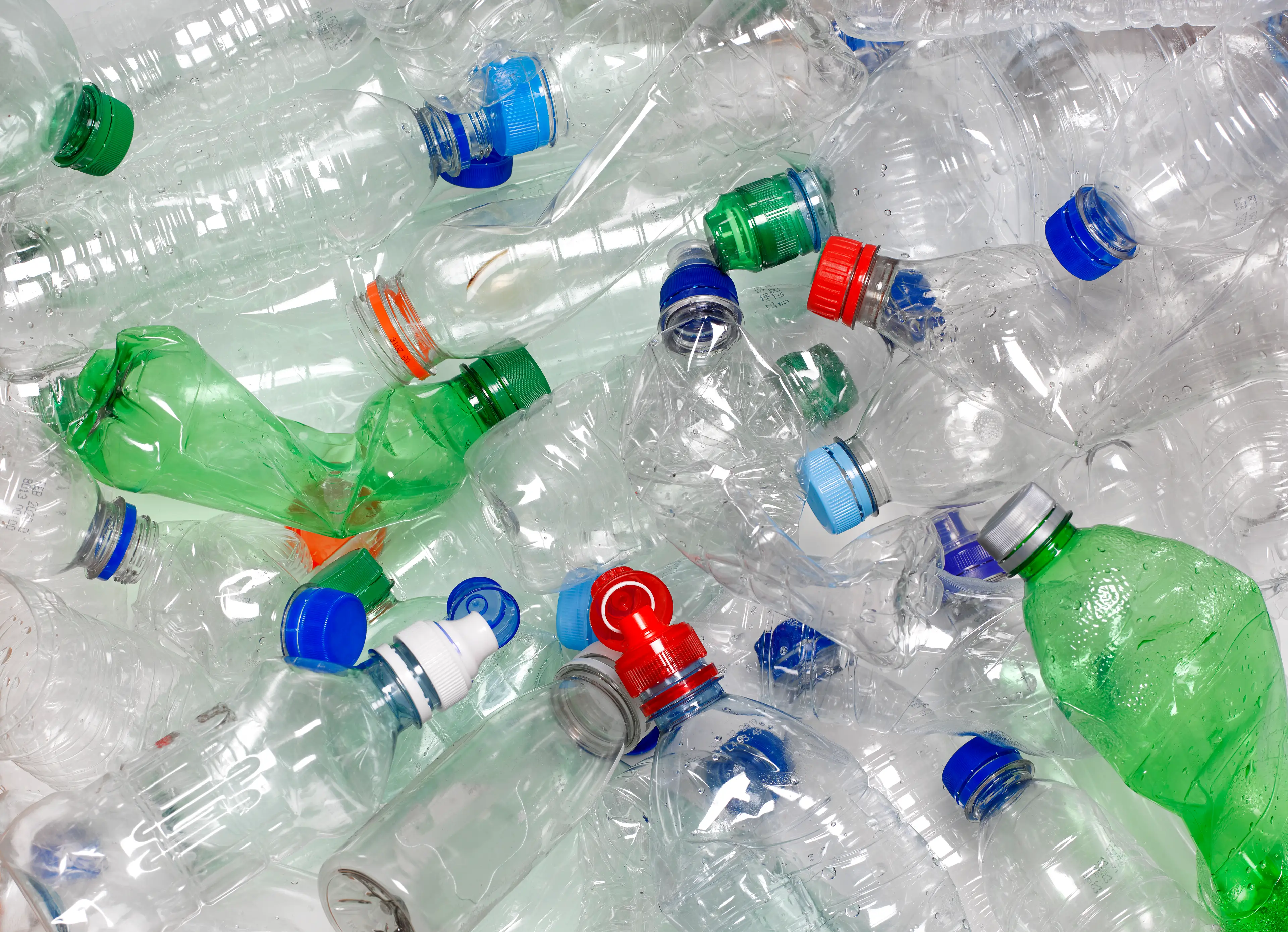
According to new research coming out of the United States, we now need to be wary of drinking water from plastic bottles.
Despite a huge focus and push on reducing our plastic waste - two words, Stanley cups - it still feels impossible to avoid buying a bottle of water or fizzy pop depending on where we find ourselves.
But according to a new warning issued by the University of Columbia, we really should be avoiding them as best we can.

Advert
Data from the university has revealed that there are around 240,000 plastic particles found in the average one-litre bottle of water. That sounds like quite a lot, especially when compared to tap water, which is estimated to have around 5.5 plastic particles for every litre.
Microplastics, or nanoplastics, have impacts on our respiratory system, seeing people cough and sneeze more as well as become short of breath.
They also have links to cancer, issues with having children, and defects for newborns.
Thankfully, you can get rid of these tiny problematic specs.
Dr. Janine Bowring, ND, a naturopathic doctor and best-selling author, has racked up almost 200,000 views on TikTok explaining how you can get rid of those tiny plastics that find their way into your system.
The mother-of-five said the key to 'detoxing' your body of these small bits of rubbish is to focus on specific probiotic products.
In the video, Dr Bowring says: "If you've seen my other video about the cutting boards and of course plastic water bottles, we've got to get those microplastics out and detox them from our system.
"So how do we do this?
"Studies have shown that specific probiotics like lactobacillus acidophilus, bifidobacterium bifidum have been shown to actually clear and trap these microplastics in the GI [gastrointestinal] tract, bind to them and eliminate them through our digestive tract."
She continues: "That's because they're negatively charged, as the probiotics, and is going to trap those microplatics.
"My tip here, I always look for probiotics that has these specific strains that I mentioned without magnesium stearate which is a flow agent; without cellulose, a filler; and without those other toxic ingredients in probiotics like titanium or silicon dioxide."
The new research reveals that the danger with nanoplastics is that they are so microscopic that they can directly enter the brain and individual blood cells.
Plastics used to make water bottles usually contain phthalates, which reportedly contributes to 100,000 premature deaths in the US each year. According to the National Institute of Environmental Health Sciences, phthalates are 'linked with developmental, reproductive, brain, immune, and other problems'.
Study co-author Beizhan Yan, an environmental chemist at Columbia University’s Lamont-Doherty Earth Observatory, said: "This was not surprising, since that is what many water bottles are made of.

"PET is also used for bottled sodas, sports drinks, and products such as ketchup and mayonnaise.
"It probably gets into the water as bits slough off when the bottle is squeezed or gets exposed to heat."
According to Simplex Health, 'the only guaranteed way to get pure water is through steam distillation by using a water distiller'.
It says: "Distilled water is 99.8 percent pure, which means it is purer that any bottled or tap water and purer than using any other type of filtration or purification method. Water is gently boiled to kill off viruses and bacteria.
"The steam produced is captured in a stainless steel coil where it cools to form pure water.
"This passes through an activated charcoal filter to remove any trace impurities. "It is recommended, to add minerals back to the water, as during the distillation process the water is purified to a point that it could be lacking these essential minerals.
"This intensive process can have an effect on the taste of water, which may not be to everyone's liking."